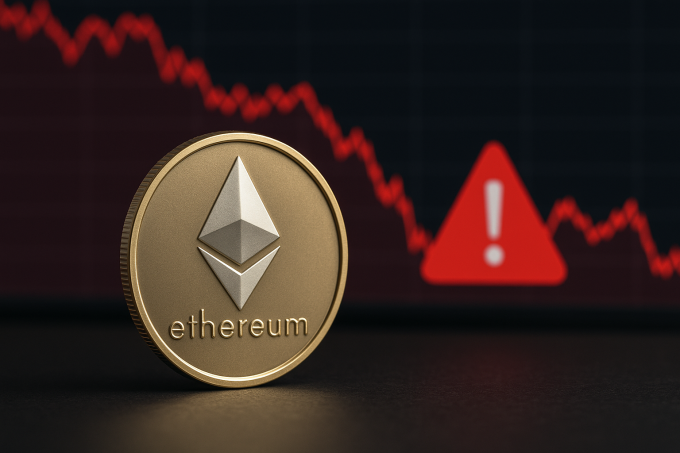Speaking at Token2049 in Singapore, Robinhood CEO Vlad Tenev declared that tokenization will “eat the financial system,” predicting a fundamental convergence between traditional markets and blockchain. For investors, the message is clear: real-world assets could soon move on-chain, opening liquidity and efficiency unseen in today’s markets.
The Tokenization Wave
Tokenized assets are gaining traction rapidly. According to Boston Consulting Group, the market for tokenized real-world assets (RWAs) could reach $16 trillion by 2030, representing nearly 10% of global GDP. Robinhood has already piloted tokenized stocks in Europe, allowing fractionalized trading of equities outside standard market hours.
Tenev described the shift as inevitable: “Everything will be on-chain, and the distinction will disappear.” For retail and institutional investors alike, tokenization could redefine asset access, removing barriers tied to geography and legacy infrastructure.
Regulation and Roadblocks
In the U.S., however, progress lags. Tokenized Treasuries—one of the fastest-growing segments with over $1.5 billion in value locked as of Q3 2025—remain largely unregulated. Critics warn that without strong frameworks, investors face risks around voting rights, custodianship, and settlement integrity. Europe’s MiCA framework, by contrast, is already facilitating tokenized securities.
Investor Behavior & Strategic Signals
Early adoption reflects investor appetite for liquidity and diversification. Tokenized bond platforms saw trading volumes grow over 60% in 2025, as institutions sought efficient alternatives to traditional settlement. For platforms like Robinhood, staking early claims in tokenized assets signals a strategic bet on controlling this next-generation market.
Forward Outlook
Tokenization is still in its infancy, but momentum is undeniable. Investors should watch for regulatory catalysts, cross-border interoperability, and custody solutions. If those align, tokenized markets may transition from pilot phase to mainstream finance within the next five years, forcing incumbents to adapt or risk irrelevance.













https://shorturl.fm/NXfcf